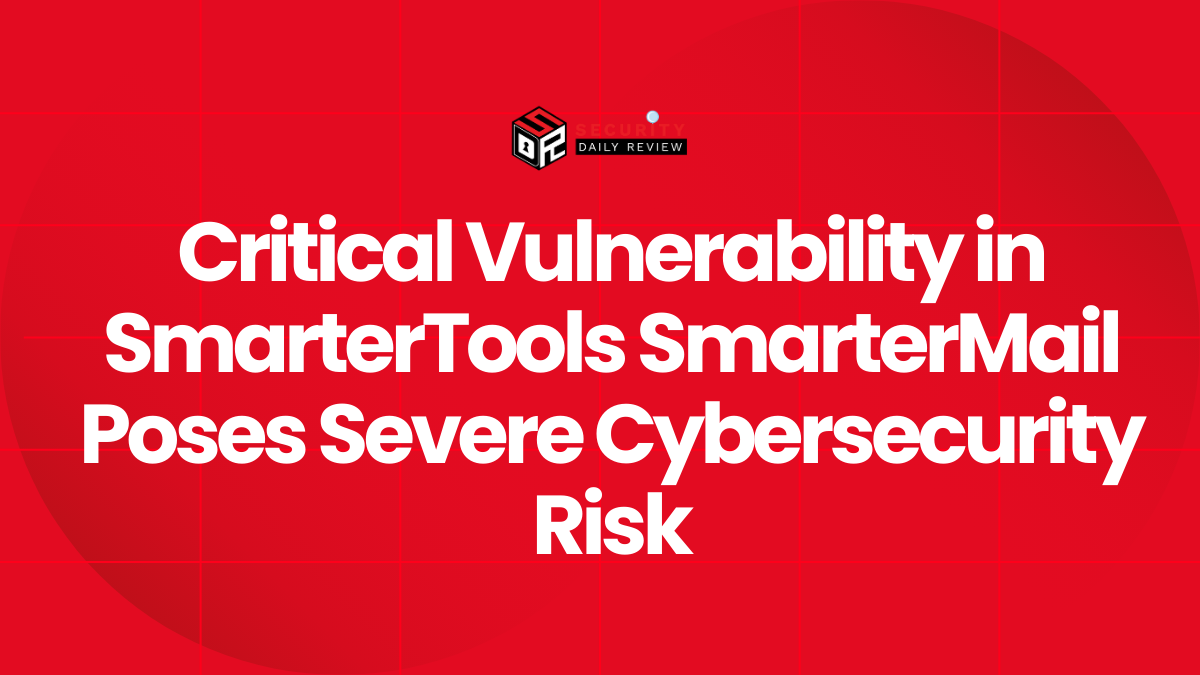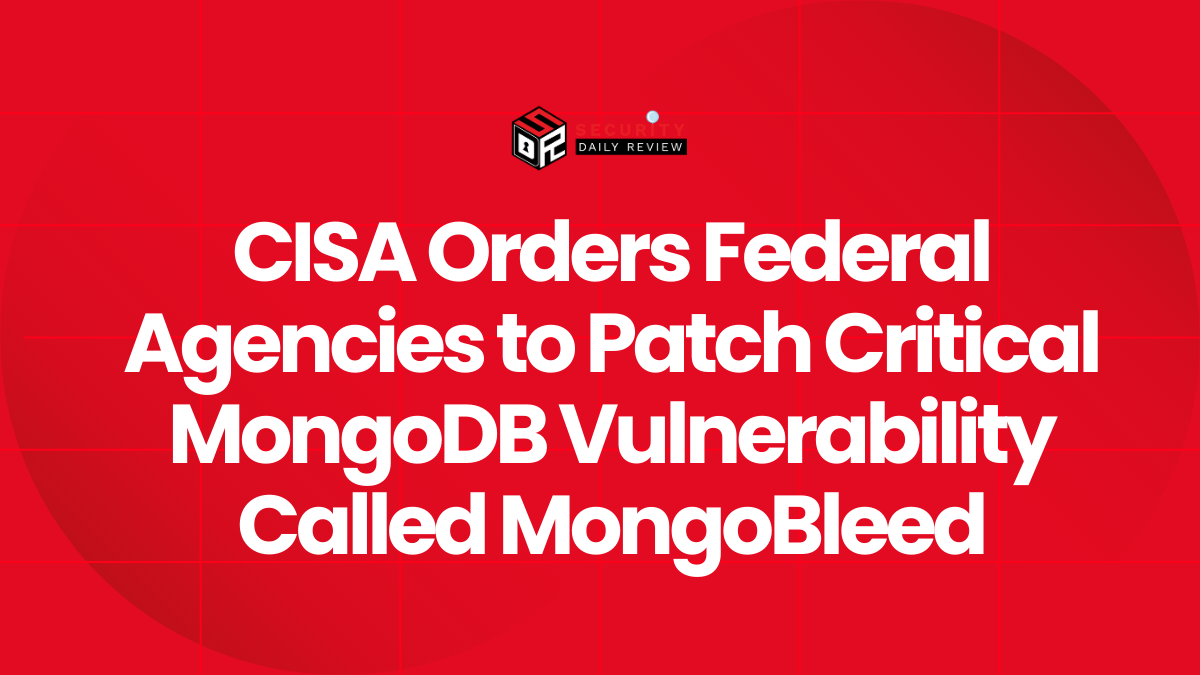A significant cyberattack has compromised critical infrastructure sectors in Cyprus, according to a report by iZOOlogic and EURO-NEWS.
The attack, the specifics of which remain undisclosed, highlights the growing vulnerability of nations to sophisticated cyber threats. While the full extent of the damage is still being assessed, the targeting of critical sectors raises serious concerns about national security and economic stability. The incident underscores the urgent need for enhanced cybersecurity measures across all sectors in Cyprus and globally.
Understanding the Cyberattack
The news, initially reported by iZOOlogic, reveals a concerning breach affecting vital infrastructure within Cyprus. The report, published on October 20, 2024, at 23:18:23, lacks specifics about the nature of the attack, the perpetrators, or the precise sectors targeted. This lack of detail is typical in the immediate aftermath of such events, as investigations are underway to understand the full scope and impact of the intrusion. However, the fact that “critical sectors” were targeted implies a significant level of sophistication and intent on the part of the attackers. This suggests a potential for widespread disruption and lasting damage.
The vagueness surrounding the details also raises questions about the information sharing practices between Cypriot authorities and international cybersecurity agencies. Transparency in such situations is crucial for coordinating effective responses and preventing future attacks. The lack of readily available information could also hinder efforts to identify and attribute the attack to specific actors, making future preventative measures more challenging.
Implications and Responses
The attack on Cyprus’ critical infrastructure serves as a stark reminder of the ever-present threat posed by cyber warfare and cybercrime. The potential consequences of such attacks range from economic disruption and data breaches to the compromise of essential services, impacting public safety and national security.
The Cypriot government, along with its cybersecurity agencies, will likely be focused on several key areas in the coming days and weeks:
- Damage Assessment: A thorough investigation is necessary to determine the full extent of the damage caused by the cyberattack. This includes identifying the compromised systems, the data affected, and the potential for long-term consequences.
- Incident Response: Immediate steps must be taken to contain the attack, prevent further damage, and restore affected systems. This likely involves collaboration with international cybersecurity experts and organizations.
- Vulnerability Remediation: A comprehensive review of cybersecurity infrastructure is needed to identify and address vulnerabilities that allowed the attack to succeed. This includes upgrading security systems, implementing stronger access controls, and enhancing employee training on cybersecurity best practices.
- Attribution and Prosecution: Efforts will be made to identify the perpetrators of the attack and bring them to justice, though this process can be lengthy and complex. International cooperation will be crucial in this phase.
- Public Communication: Open and transparent communication with the public is essential to maintain confidence and trust in the government’s ability to protect critical infrastructure.
The attack highlights the need for proactive cybersecurity measures, not only within Cyprus but also globally. International cooperation and information sharing are critical in combating the rising tide of sophisticated cyberattacks. The incident serves as a wake-up call for all nations to invest heavily in cybersecurity infrastructure and expertise.









